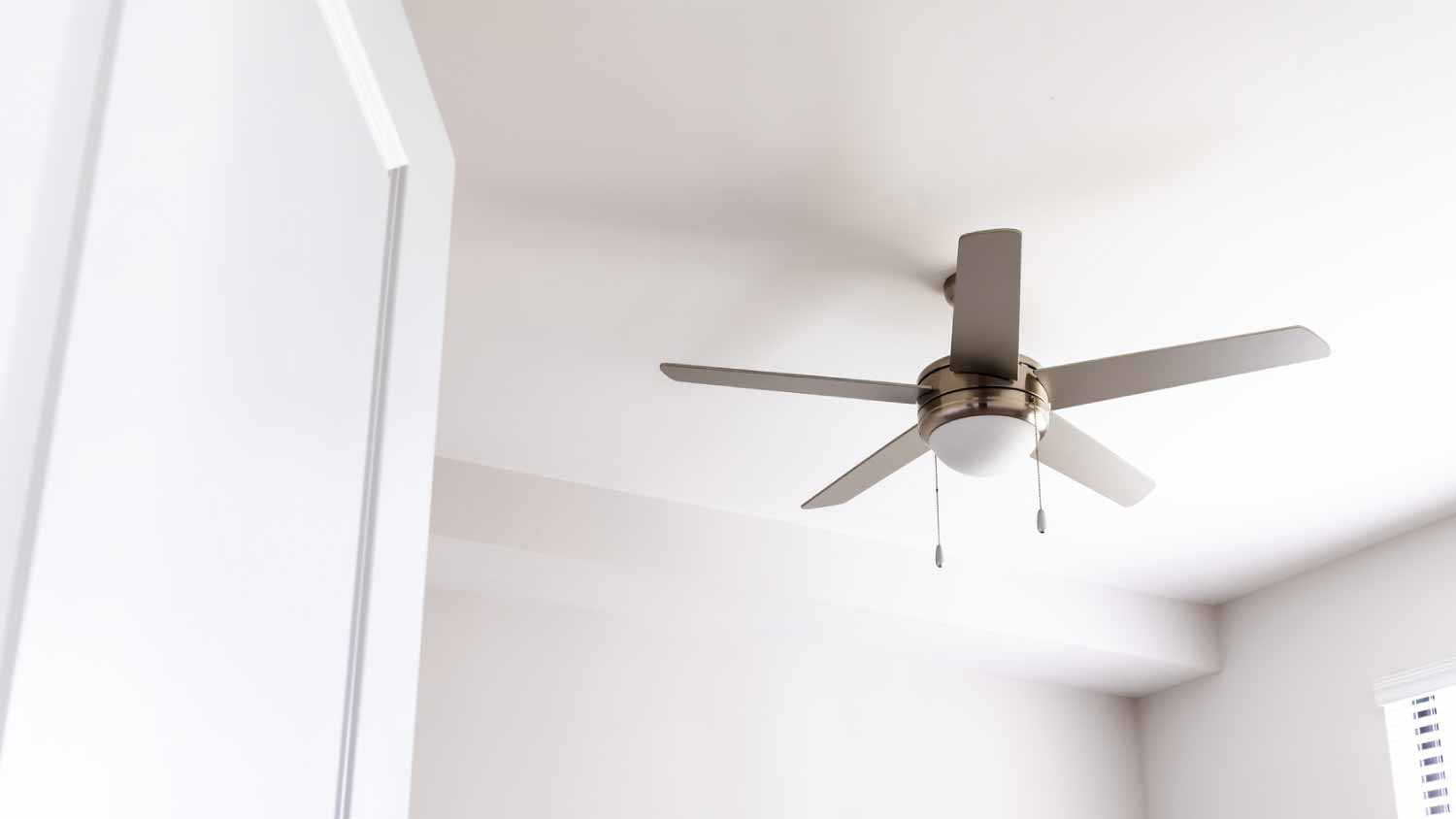6 Ways to Protect Your HVAC Unit in Severe Weather
For when the weather outside is frightful
If you live in an area prone to severe weather, you should make sure HVAC protection is on your pre-storm checklist. The last thing you want to deal with after a big storm passes is a lack of heat or air conditioning. Here are some ways to make sure your HVAC unit is ready for hurricane season or another type of major weather event.
1. Turn the Power Off
If a storm is headed your way, one of the first things you should do is turn your AC’s power off. For small storms, you can simply turn it off using your thermostat. But for more serious storms, like hurricanes, you should turn your AC off at the breaker, too.
Lightning strikes can cause power surges that damage your AC if its power is on—and possibly spark a fire.
2. Cover Your Outdoor Unit
Once the power is turned off, you should cover your HVAC unit. This step is only essential if you’re facing strong winds. Debris from trees and other objects can hit and damage your air conditioner in high gusts.
Covering your HVAC unit will help extend your HVAC system’s lifespan for a few years. But make sure you use breathable material, like waterproof tarps. If you don’t, moisture can get trapped underneath and breed mold.
3. Secure the AC
If you have an outdoor AC unit, secure it before a storm by tightening its bolts. Remove window AC units, too, as strong winds could pull them out, putting you and your property at risk. If you’re unable to remove your AC, you can secure it with hurricane straps.
Additional Security Measure
You can also build a cement platform for your outdoor AC unit. This comes in handy if you live in an area prone to flooding. Elevating your HVAC unit off the ground can help prevent water damage in your system.
You can slant the concrete platform so that any trapped water drains away from your unit. You can ask a local concrete contractor in your area whether they can help you with this project.
4. Remove Projectiles
Strong winds can damage your HVAC unit by blowing projectiles towards it, including yard furniture and toys.
Move any outdoor materials away from your AC before a storm hits, and hire a tree trimmer to cut any overhanging tree branches near your HVAC unit.
5. Protect Your Wiring
Short circuits are common during harsh weather conditions when your wiring is exposed to the outdoors. They can get pulled out of place and cause your system to act up slightly.
However, you can protect your home and wiring from short circuits by making sure they are properly covered and insulated. For this job, it’s best to enlist the help of a professional HVAC contractor.
6. Check for Damage
After the severe weather has passed, you may be in a rush to get your HVAC unit back up and running again. But don’t be too hasty. Everyone in your neighborhood is about to do the same thing, and it could cause one of the most common electrical problems—a power surge.
Although you protected your unit as much as you could, there may still be some unexpected damage. Look at your unit to see if there are any visible issues. If there aren’t, turn the breaker on and wait for your AC to power up.
Check for small bits of debris that may end up inside the system. Listen for any strange noises when powering your unit up, and call a technician if it persists.





- Furnace Repair
- Air Conditioning Repair
- HVAC Repairs
- Furnace Installation
- Wood & Pellet Stove Repair
- Dehumidifier & Humidifier Repair
- Heat Pump Companies
- Swamp Cooler Repair
- Wood Stove Services
- HVAC Companies
- Commercial A/C Repair
- Geothermal Installation
- Air Conditioning Installation
- Boiler Repair
- 24 Hour Furnace Repair
- Geothermal Repair
- Heat Pump Repair
- Humidifier Installation
- Thermostat Repair
- Thermostat Installation
- Nest Installation
- Heating & Cooling
- Heating Repair
- Furnace Cleaning
- Furnace Tune-Up
- HVAC Technicians
- Subcontractors
- Furnace Maintenance
- Plumbing & Heating Companies
- Wood Stove Inspection
- Mini Split Installation
- Wall Heater Repair
- Duct Installers
- How to Troubleshoot Your Air Conditioner: 12 Common Problems and Tips to Fix Them
- How Long Do AC Units Last? Here’s the Average Life Span
- 7 Common Reasons Why Your AC Stopped Working (and How to Fix It)
- Should You Cover Your Air Conditioner in the Winter? Everything to Know
- Why Is the Outside AC Unit Not Turning On, But the Inside Is? 9 Common Reasons
- How to Clean Your AC So It Runs All Summer Long
- 10 HVAC Secrets That Can Help You Boost Efficiency and Save Money
- What Size AC Unit Do I Need for My Home?
- A Frozen AC Unit Won't Always Fix Itself—Here's How to Repair It
- Air Conditioning Replacement: Should I Repair or Replace my AC Unit?















